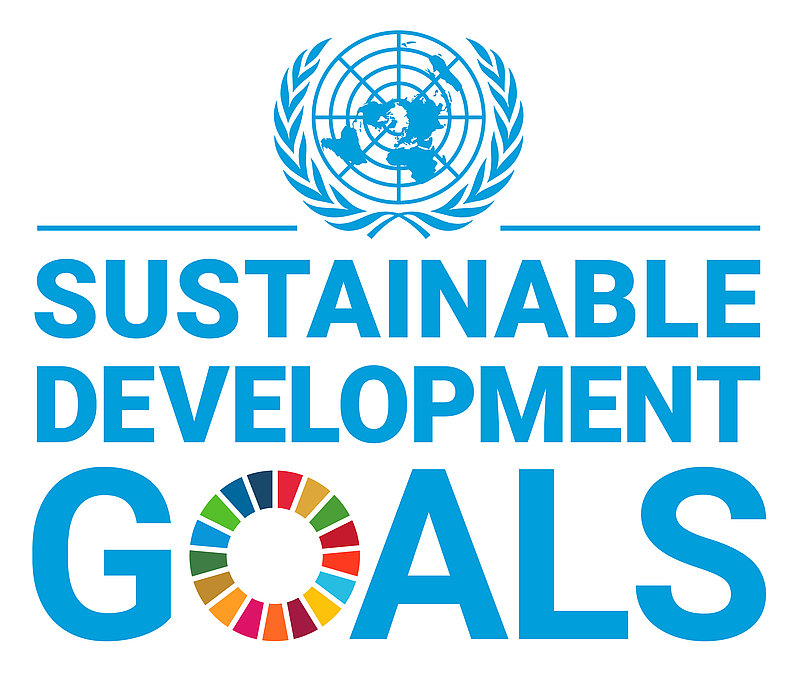As an EU research project, we at MIX-UP are naturally also committed to sustainable development around the world. The "Agenda 2030 for Sustainable Development" is a common plan for peace and prosperity and was adopted at the UN Summit in New York in September 2015. It focuses on the 17 Sustainable Development Goals (SDGs), which represent an urgent call to all countries in a global partnership. One of the goals, alongside the fight against poverty and inequality, is to combat climate change and thus preserve the important functions of oceans and forests.
To make Agenda 2030 a reality, all countries must commit themselves - and everyone can make a contribution, including us. We are focusing in particular on the following goals:
SDGs: Together For A Sustainable Future!
Climate change is one of the greatest challenges of our time - also for the scientific community. As an international research project, we are therefore committed to the sustainability goals of the UN. We focus on these goals:
12) RESPONSIBLE CONSUMPTION AND PRODUCTION
This goal is intended to ensure sustainable consumption and production patterns at global level in the long term. Both general material consumption and material consumption per head have increased rapidly worldwide. We urgently need to change this. We want to make our contribution to using resources more efficiently and not wasting them, and thus lead by example. Plastic plays an important role in this.
13) CLIMATE ACTION
Goal 13 aims to take immediate action to combat climate change and its effects. Due to rising greenhouse gas emissions, the climate is changing much faster than expected - the effects are already being felt worldwide. In order to keep them as low as possible, financial resources must flow much faster, especially to the least developed countries and small island developing states. Both plastic production and plastic recycling have a direct and indirect impact on the faster progressing climate change. As we are researching bio-based plastics, this goal is particularly important to us.
14) LIFE BELOW WATER
Goal 14 relates to the conservation and sustainable use of oceans, seas and marine resources. Protected areas for marine biodiversity have been expanded, but are still insufficient. Overfishing and acidification of the oceans must be fought harder. Our oceans not only cover three-quarters of the earth, but are also something of an all-rounder: the source of life, one of the most important oxygen producers and food suppliers. Billions of people depend on the oceans. Pollution from plastic waste has dramatic effects on the entire life of all animals and people worldwide.
17) PARTNERSHIPS FOR THE GOALS
With this goal, the global partnerships for sustainable development are to be strengthened. MIX-UP is a good example of this: We have scientists from all over the world working together on this project. However, the potential is still great in global terms: public development aid is declining, private investment flows are not well aligned with sustainable development, and there is still a considerable digital divide. All countries must cooperate even more internationally in this area.



